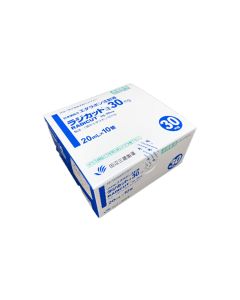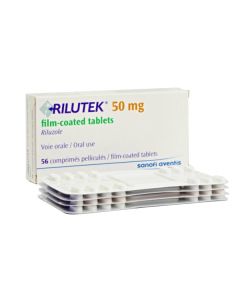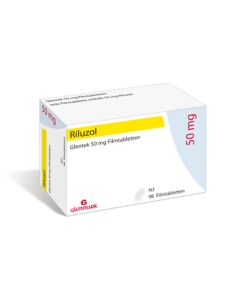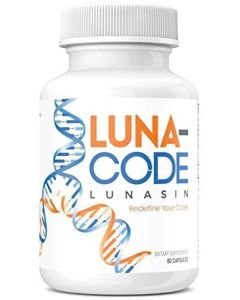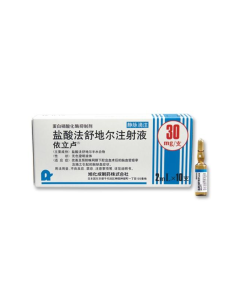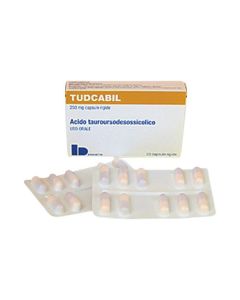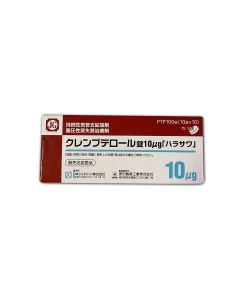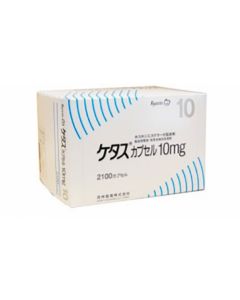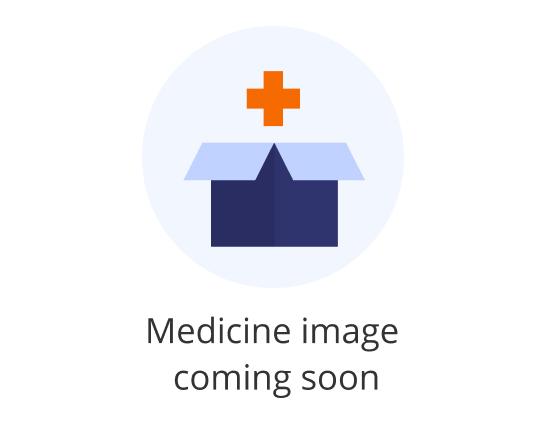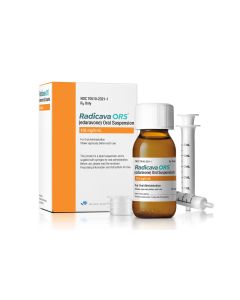Amyotrophic Lateral Sclerosis (ALS) access options
Amyotrophic lateral sclerosis (ALS), sometimes also referred to as Lou Gehrig’s disease or Motor Neurone Disease (MND), is a rapidly progressive, invariably fatal neurological disease that attacks the nerve cells responsible for controlling voluntary muscles, the motor neurons. With ALS, motor neurons degenerate or die, and stop sending messages to muscles. Unable to function, the muscles gradually weaken until the brain eventually loses its ability to start and control voluntary movement. Gradually all voluntary muscles are affected, and patients lose their strength and ability to move their arms, legs, and body. When muscles in the diaphragm and chest wall fail, the patient loses his or her ability ... Read more »to breathe and ventilatory support is needed. Most people with ALS die from respiratory failure, usually within 3 to 5 years from the onset of symptoms. However, about 10% of ALS patients survive for 10 or more years. A smaller group of about 5% of people with ALS have been able to survive for 20 years or more. ALS is more common in the 40 to 70 years old age group with a higher incidence in people aged over 50. "Among studies reporting this data, the mean ± standard deviation (SD) age for ALS disease onset was 61.8 ± 3.8 years (range 54–67); mean ± SD age for ALS diagnosis was 64.4 ± 2.9 years (range 58–68). The mean ± SD diagnostic delay was 12.6 ± 2.6 months (range 8.6–16.8)." – Global Epidemiology of Amyotrophic Lateral Sclerosis. About 5 to 10% of all ALS cases are familial (inherited) with the remaining 90% sporadic. Although classified as a rare disease based on its prevalence, ALS is in fact quite common. There are approximately 140,000 new cases diagnosed worldwide each year. Unfortunately there is currently no cure for ALS. However, as stated by medical centre the Mayo Clinic: "Treatments can't reverse the damage of amyotrophic lateral sclerosis, but they can slow the progression of symptoms, prevent complications and make you more comfortable and independent." – Mayo Clinic. Treatments are designed to relieve symptoms and improve the quality of life for individuals. Supportive care is best provided by multidisciplinary teams of healthcare professionals such as physicians, pharmacists, physical, occupational, and speech therapists, nutritionists and social workers and home care and hospice nurses, who can design an individualised plan of medical and physical therapy and provide special equipment aimed at keeping patients as mobile and comfortable as possible. There are two medications that have been approved by major regulatory bodies like the United States' Food and Drug Administration (FDA) for the treatment of ALS: Edaravone (Radicut/Radicava) – This medication was approved under the name Radicava by the FDA in May 2017 and under the name Radicut by the Japanese Pharmaceuticals and Medical Devices Agency (PMDA) in June 2015 for treatment of ALS. It was shown to slow down the progression of the disease in some patients during clinical trials. Edaravone is administered via intravenous infusion (typically 10–14 days in a row, once a month), and side effects may include bruising, gait disturbance, hives, swelling and shortness of breath. Riluzole – This was the first ever drug approved to treat ALS and appears to slow the disease's progression in some people. Riluzole is taken as a pill and may cause side effects such as dizziness, gastrointestinal conditions and decreased lung function. New studies and research on promising medications occur all of the time, and when a new medication is approved by a major regulatory authority, everyone.org endeavour to make it available to patients globally as quickly as possible. Whilst most medicines for ALS manage symptoms of the disease as it worsens, there are non-medicinal therapies that can help patients, such as physical therapy to keep your muscles stronger for longer, aqua therapy to ease muscle spasms, and modifying one's diet when swallowing becomes affected.
-
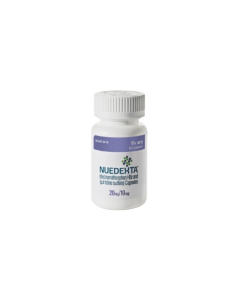 Nuedexta (dextromethorphan HBr and quinidine sulfate)Amyotrophic Lateral Sclerosis (ALS), Multiple Sclerosis, Pseudobulbar Affect (PBA)€2,617.55
Nuedexta (dextromethorphan HBr and quinidine sulfate)Amyotrophic Lateral Sclerosis (ALS), Multiple Sclerosis, Pseudobulbar Affect (PBA)€2,617.55
Read more about the latest treatments in Amyotrophic Lateral Sclerosis (ALS)


